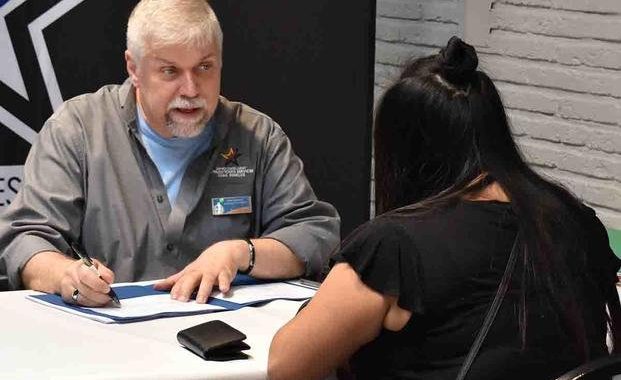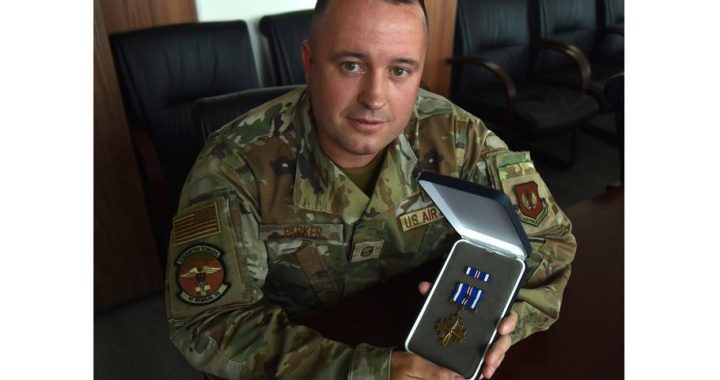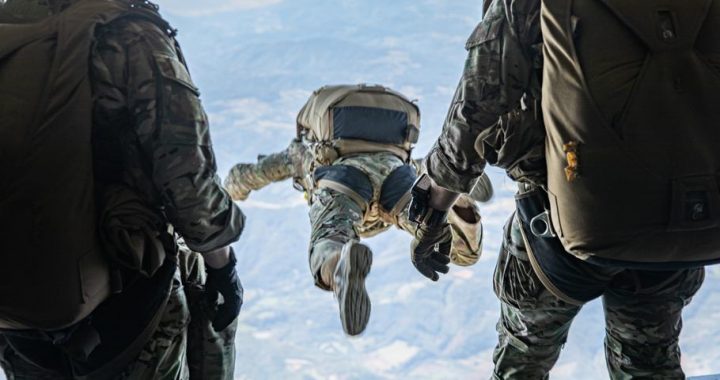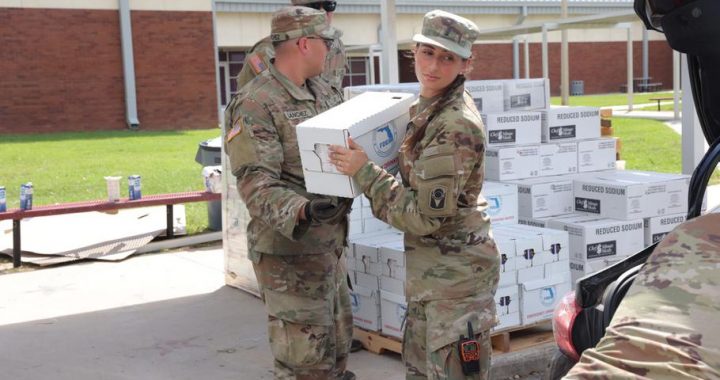Marines Battle Leadership Course on NAS Pensacola
2 min read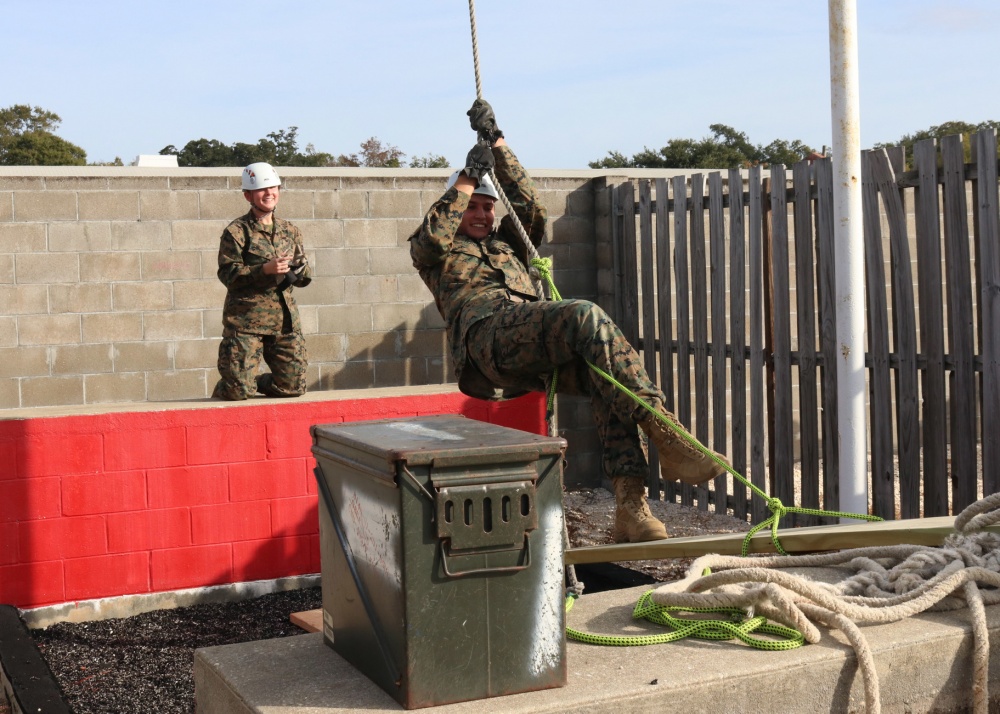
UNITED STATES
Story by Jason Bortz
Naval Air Station Pensacola
Marines with Aviation Maintenance Squadron 1 (AMS-1) onboard Naval Air Station (NAS) Pensacola took on the challenge of the Leadership Reaction Course (LRC) as part of their Leadership, Education, and Development (LEAD) Program Nov. 26, 2019.
The LEAD Program is an initiative to reduce attrition at the Marine Corps’ Enlisted Aircrew School. In addition to supporting the enlisted students waiting for class, LEAD leverages Marine Corps lieutenants awaiting flight training and schoolhouse instructors to conduct classes and training.
“The LRC will give the junior enlisted Marines here today the opportunity to serve as peer leaders,” said 2nd Lt. Edward Wei, office in charge of Ordnance Division, AMS-1. “The training today also supports the Commandant of the Marine Corps’ training guidance to ensure Marines awaiting training are getting valuable training while waiting for their class to start.”
The LRC is a unique course that develops teamwork and requires to participants to accomplish specific challenges such as moving ammunition or “casualties” across obstacles in a specific time. The Marines were broken into fire teams and rotated amongst different challenges. Each time, a different student was assigned the role of fire team leader. Their responsibility was to receive the brief from one of the lieutenants about the restrictions and goal for the challenge and then relay it to their team. The fire team leader also gave directions on how to approach the challenge and how each person would contribute.
“The Leadership Reaction Course provides an opportunity for our Marines awaiting training to be exposed to challenges, develop plans to overcome those challenges and communicate those plans to their team,” said Marine Corps Maj. James Beeson, commanding officer, AMS-1. “Additionally, it allows for our lieutenants to work with our Marines to develop their leadership style and expose both enlisted and officers to one another to develop that crew coordination that’s critical to supporting flight line operations in the Fleet Marine Force. “
After each rotation, the Marines would provide a brief to one of the lieutenants. This provided an opportunity for both the enlisted and officer Marines to develop communication skills that will benefit them in the future as part of an aircrew.
“It was a very challenging course because you have to think quickly because of the time limit,” said Private First Class Brannon Trout, a student at AMS-1. “It was a fun course.”
AMS-1 is a subordinate command of Marine Aviation Training Support Group 23 (MATSG-23), which is one of the over 120 commands located on NAS Pensacola. MATSG-23’s mission is to serve as the functional training advocate for all Marine Corps aviation logistics entry-level training.


